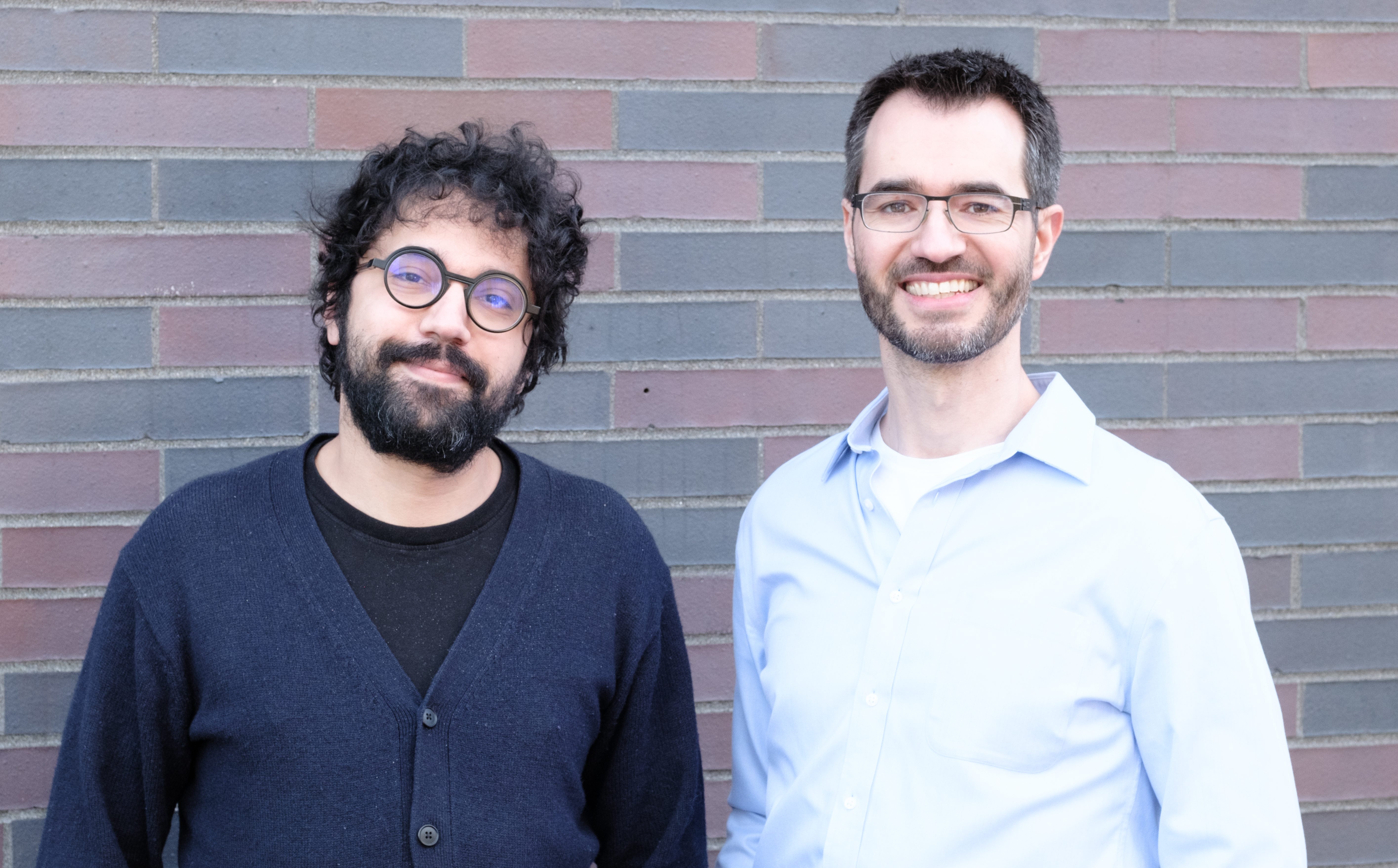 AI
AI
 AI
AI
 AI
AI
Oumi PBC, an artificial intelligence laboratory established in partnership with researchers from some of the world’s most prominent universities today announced what it describes as the world’s first “unconditionally open AI platform.”
The initiative aims to create a collaborative ecosystem for AI research and development by offering open access to foundational models, datasets, and development tools.
Oumi said foundational AI model development has so far been dominated by large technology companies that often restrict access to their models. Even models labeled “open source” often lack full transparency, as they provide open weights — the numerical parameters of the trained model — but not the code or data used to train them. Oumi said it seeks to change this dynamic by offering a platform that ensures AI models and research are fully accessible, reproducible and modifiable by anyone.
“AI needs its Linux moment,” said Manos Koukoumidis (pictured, right), Oumi’s co-founder and chief executive, who previously led AI initiatives at Google Cloud. “For open source to succeed, you must provide the tools everyone needs.”
Oumi operates as a public benefit corporation, meaning it’s a for-profit company that’s legally obligated to balance its financial goals with a stated social or environmental mission. The firm has secured $10 million in seed funding led by Venrock Management LLC and venture capital firm Obvious Management Services LLC with contributions from Plug and Play Platform Spain SL and Ascend Venture Capital GP LLC.
The Oumi platform is built to be extensible, allowing researchers to bring their own tools and workflows and ensuring compatibility with various AI development methodologies. It also prioritizes reproducibility, a key factor in scientific research. “We want to make sure that the full recipe of how you go about producing and advancing research is fully recordable and reproducible,” Koukoumidis said.
Oumi is initially launching as an open-source repository under an Apache 2.0 license. Developers can use it for research and commercial purposes. Though Oumi does not currently offer a hosted version of the platform, the company is open to introducing managed services in the future.
The Oumi platform is designed to support all major foundation model workflows within a single, unified system. Key capabilities include the ability to train and fine-tune models ranging in size from 10 million to 405 billion parameters using advanced techniques such as supervised fine-tuning, low-rank adaptation, quantized low-rank adaptation and direct performance optimization. It works with text and multimodal models, including Llama, Qwen and Phi.
The toolkit supports synthesizing and curating training data with large language model judges and enables model deployment with popular inference engines such as vLLM and SGLang. Developers can evaluate models against established AI benchmarks and work across environments ranging from personal laptops to hyperscale cloud platforms. The platform integrates with open models and the application program interfaces exposed by commercial model developers such as OpenAI LLC, Anthropic PBC and Vertex Systems Oy.
Oumi’s founders maintain that the current AI research landscape creates artificial barriers to innovation by keeping development within corporate silos. “Our vision is to make AI the ultimate team sport,” said Oussama Elachqar (left), co-founder of Oumi and a former machine learning engineer at Apple Inc. “Giving AI talent a platform where they can work collectively will accelerate progress and speed up discovery in every area of AI.”
The company’s debut was planned long before the Chinese startup DeepSeek shocked the AI world this week with a capable large language model that was developed at a fraction of the cost of alternatives.
Koukoumidis noted that DeepSeek released its model under an open weight license, which provides the trained parameters of the AI model but doesn’t include full source code, training data or methodology.
“Oumi’s goal is to enable the community to build the next, truly open DeepSeek, and then the next versions to follow,” he said in written comments. “DeepSeek’s achievement demonstrates that solving AI development challenges is not as bound by compute but more bound by talent, with the current AI landscape creating a false sense of scarcity.” He said a fully open platform can leverage economies of scale to improve efficiency.
AI researchers who are developing the platform come from the University of Illinois Urbana-Champaign, Carnegie Mellon University, Princeton University, California Institute of Technology, University of California at Berkeley, University of Washington, New York University, Massachusetts Institute of Technology, University of Waterloo, University of Cambridge and University of Oxford. Oumi said it plans to facilitate coordinated research efforts with full open participation.
Oumi is inviting researchers who are interested in contributing to or using the platform to learn more by visiting the company’s website or GitHub page.
Support our mission to keep content open and free by engaging with theCUBE community. Join theCUBE’s Alumni Trust Network, where technology leaders connect, share intelligence and create opportunities.
Founded by tech visionaries John Furrier and Dave Vellante, SiliconANGLE Media has built a dynamic ecosystem of industry-leading digital media brands that reach 15+ million elite tech professionals. Our new proprietary theCUBE AI Video Cloud is breaking ground in audience interaction, leveraging theCUBEai.com neural network to help technology companies make data-driven decisions and stay at the forefront of industry conversations.